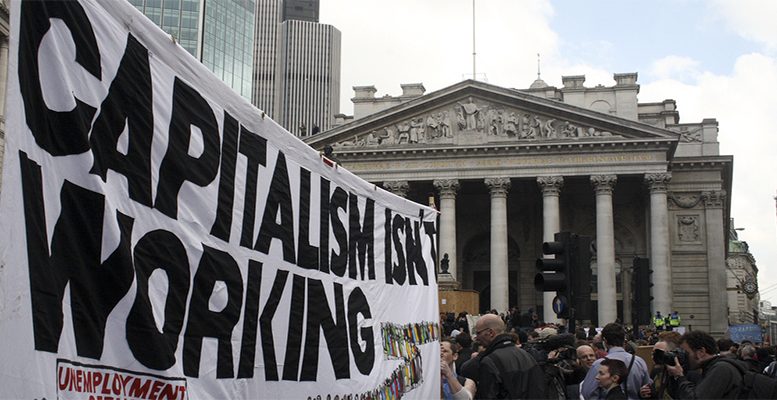Yves Bonzon (Julius Baer) | The exceptional nature, comparable to a natural disaster, of the pandemic crisis is precipitating a profound change in the economic regime. It is still too early to speculate on the political and sociological changes that the coronavirus will have triggered. Nevertheless, it can already be seen that the only effective response to this crisis requires a degree of government intervention in the economy and markets unprecedented in the recent past.
In the early 1980s, under the impetus of Ronald Reagan and Margaret Thatcher, neoliberalism gradually established itself as the dominant economic ideology. The collapse of the Soviet Union, globalisation and digital technologies would anchor its triumph until the GFC of the late 2000s. Since then, this philosophy has been laboriously maintained, despite the crisis in the eurozone, which revealed the limits of the Maastricht criteria (themselves inspired by neoliberal doctrine) in broad daylight. The coronavirus will have sounded its death knell. From now on, governments no longer have a choice; they must intervene massively not only in the markets but above all in the real economy in order to avoid a 1930s-style disaster scenario. We are entering the era of state-sponsored capitalism, almost overnight. We are losing free markets.
This radical change in paradox requires us to adapt a number of our investment reflexes. In the US, for example, the budget deficit will temporarily reach or even exceed 20% of GDP. This has never happened in peacetime, even in the worst recessions. One of the determining factors for asset prices in the coming quarters will be how these public deficits are financed. In the 1940s, during World War II, the US combined raising taxes (about 40%), borrowing from the private sector (about 30%) and the printing press (about 30%).





